Environmental Plantings.
Carbon. Biodiversity. Conservation.
The Reforestation by Environmental or Mallee Plantings 2024 method encourages landowners to establish plantings to develop carbon sinks that complement their business outcomes.
Growing trees, Growing resilience
Environmental Planting Projects
Select Carbon believes in the careful integration of trees into the landscape for shelter, wind control and conservation. This plays an important role in building landscape resilience, supporting on-farm income and reducing the impacts of climate change by improving the microclimate for the benefit of animals, pastures and crops. Select Carbon has qualified ecological and forestry expertise that can assist with a variety of carbon projects to suit your landscape and business needs.
Methods
There are several methods available that focus on Environmental Plantings and Forestry. Select Carbon can help to identify which may be most suitable for your specific property. Below is a list of methods available, along with a brief description of their eligibility.
Natives in the spotlight
Reforestation by Environmental or Mallee Plantings – FullCAM
While very similar to the Reforestation and afforestation method above, this method involves planting and maintaining either trees or shrubs in areas that have previously been used for agriculture. To be eligible for this method, the project participant must meet the following criteria:
- You are able to plant native species or mallee to establish a permanent planting
- The land of the proposed project has been cleared of forest cover for at least 5 years.
An important difference with this method is how the carbon stocks are measured. Unlike the Reforestation and afforestation method, carbon stocks under this method are estimated using the simulation model FullCAM.
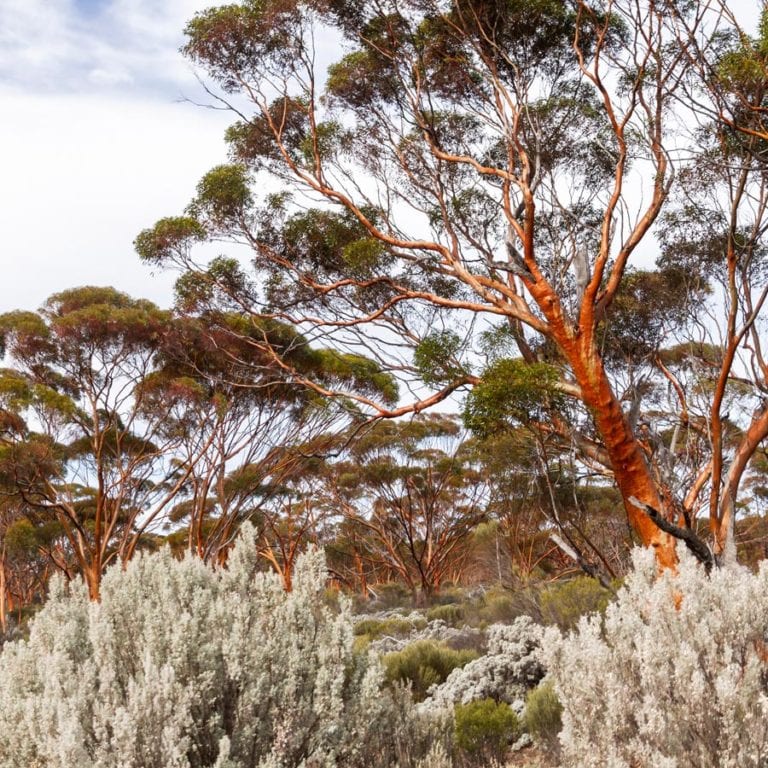
The benefits of including shelterbelt plantings as part of an overall grazing system include:
- Allowing the landholder to use unproductive areas, such as areas impacted by dryland salinity, for carbon sequestration
- Reducing waterlogging and soil erosion
- Trees and native shrubs provide critical habitat and reservoirs for insects and animals, helping to improve the overall biodiversity of farms. For example, previous work has identified how blocks or alleys of native shrubs can provide habitat for beneficial (predatory) insects.
- Health and productivity benefits for livestock including benefits that come from providing shelter, including reduced heat stress or cold stress (depending on conditions) and better calving and lambing.
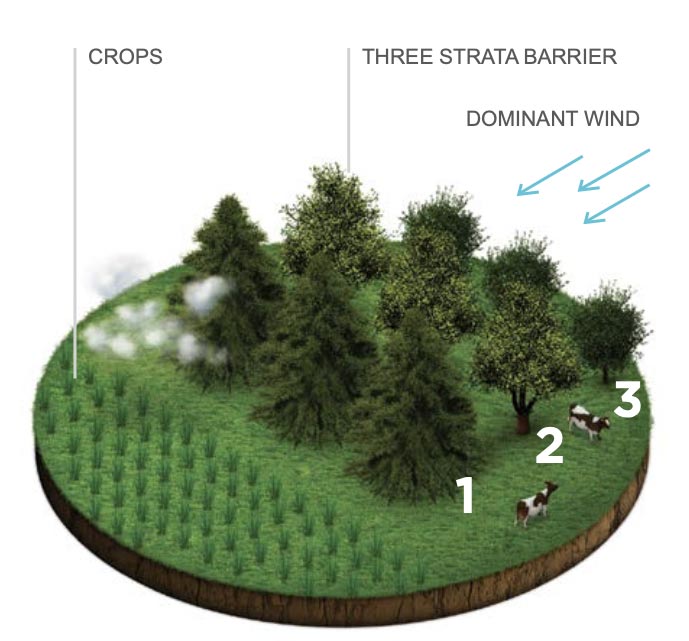
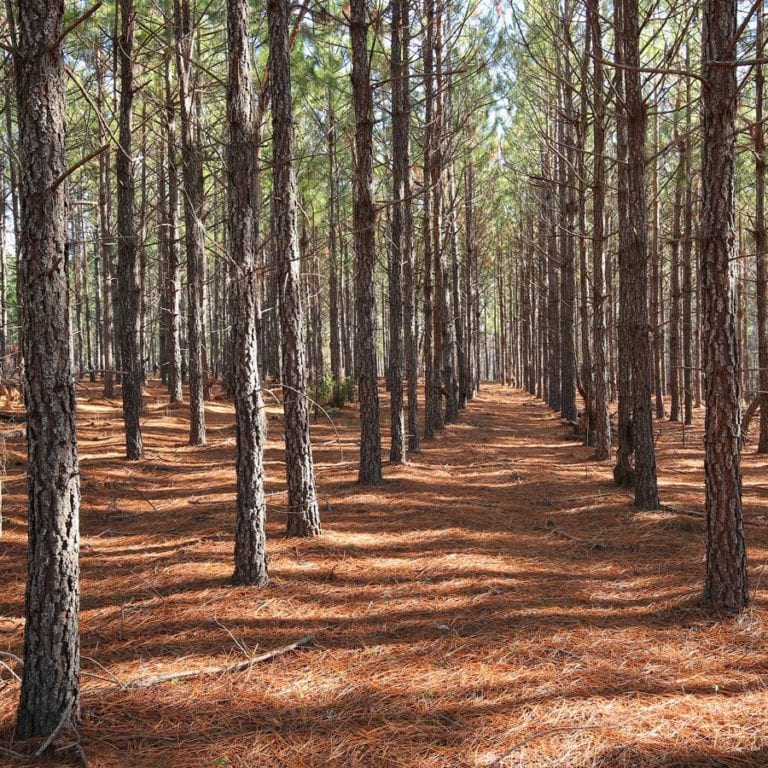
New life cycle
Plantation Forestry
Under the Plantation Forestry Method, a project participant can undertake three activities to be eligible: These include:
- establish a new plantation forest on land that has had no plantation forest for seven years
- convert a short-rotation plantation to a long-rotation plantation, where the conversion might occur either part-way through the short-rotation plantation cycle, or following harvest of a short-rotation plantation, or
- maintain a pre-existing plantation forest that meets the eligibility requirements of the plantation forestry method but was established under another method.
In addition to the above eligible activities, projects must be located within a National Plantation Inventory region as defined here. As part of registering a project under this method, all participants are also required to seek approval from the Minister of Agriculture to ensure the proposed project doesn’t have any adverse impacts on agricultural production.
Multi benefit planting
Measurement Based Methods for New Farm Forestry Plantations
This method is ideal for farmers looking to establish agroforestry (harvesting timber) or a permanent planting (no harvesting) on their farm.
To be eligible under this method the landholder needs to ensure the following criteria are met:
- The area of land being established as a farm forestry project has been used for grazing or cropping, or land that was fallow between grazing or cropping, for at least 5 years prior to project commencement.
- If harvesting is planned, then a harvesting regime needs to be developed at the commencement of the project. This includes weed control, pruning, harvesting and rotation length.
- If the project will involve a permanent planting, then the participant needs to ensure that the project can achieve 20% crown cover.
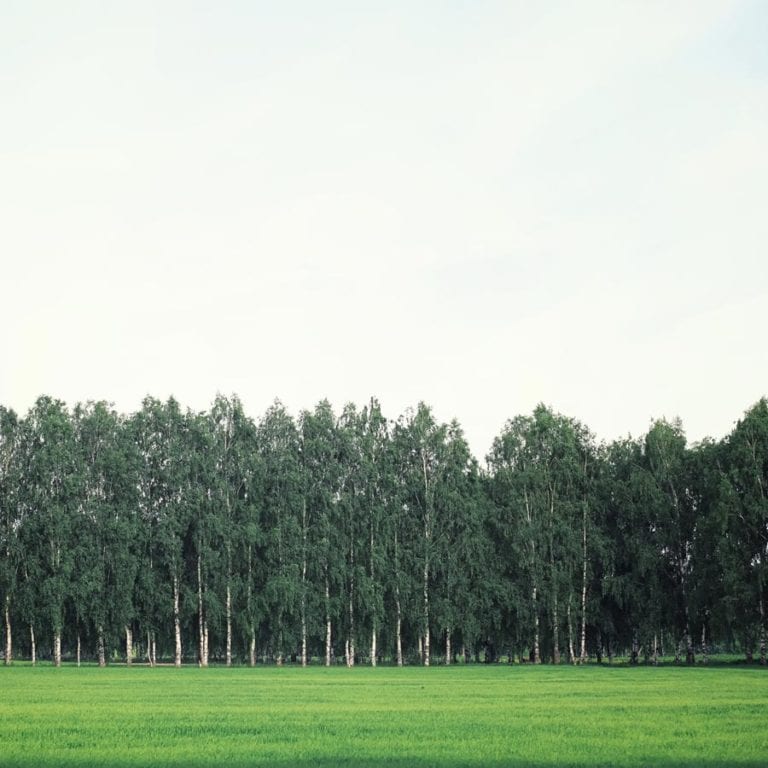
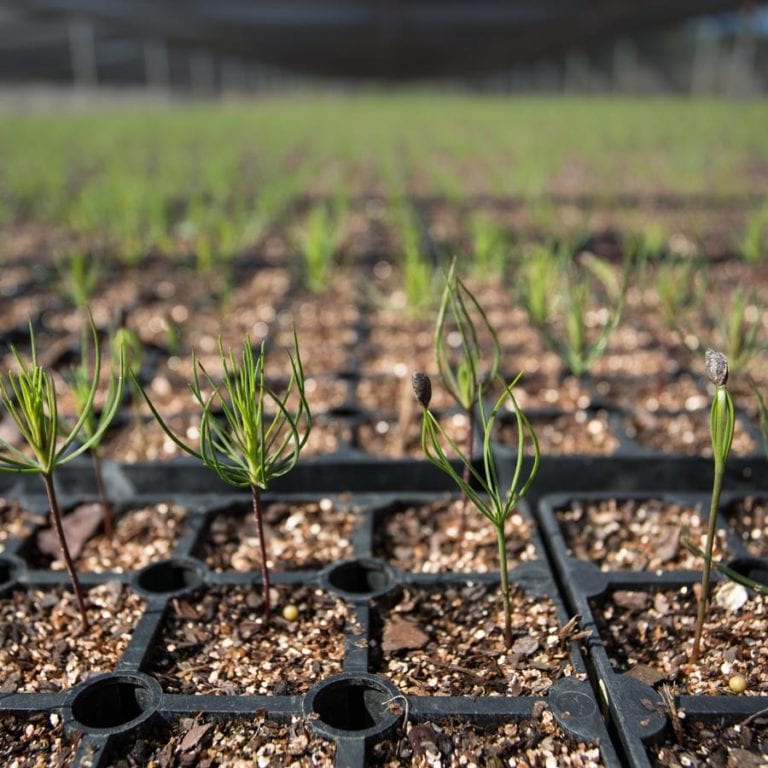
Replanting for the environment
Reforestation and Afforestation
If you wish to establish a permanent planting using forest species on previously cleared land, then this method may be for you. In order to be eligible for this method, you need to meet the following criteria:
- You need to plant seeds of a species capable of achieving forest cover and which will turn into a permanent forest.
- The land needs to have been used for grazing, cropping or fallow for the last five years
An important component of this method is how the carbon stocks are measured. This method uses direct field measurement of trees to estimate carbon stocks. Tree samples are taken and weighed and allometric equations are used to estimate above ground and below ground carbon stocks.
Select Carbon has trained specialists that can assist with all elements of project design and management, biomass inventory to estimate carbon stocks, and ongoing compliance with the method.
Still got Questions?
If you have a question about something that isn’t covered here, you can view our FAQ’s or send an inquiry through our contact form.
